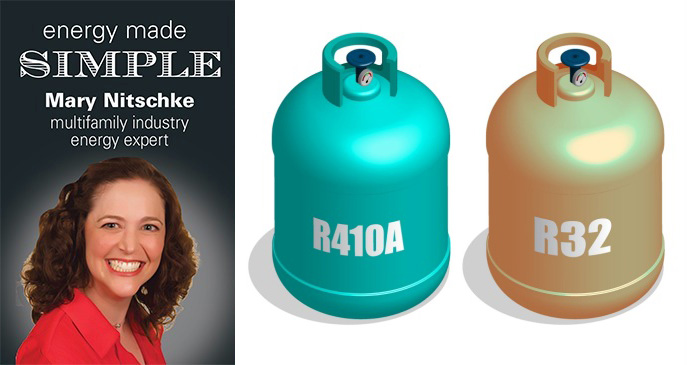A dear friend of mine, Art Bailey Jr., whom we lost too young to a heart attack, was one of those individuals who could fix anything mechanical. When he was a boy and his parents would leave him at home by himself, he would quickly take the toaster apart with the goal of reassembling it correctly (functionally too) before his parents returned and his mother caught him.
As an adult, Art built solar powered trolleys for fancy resorts in Dubai, animatronics for Disneyland rides and liked to work on vintage Lincoln automobiles with my husband in our back yard. After a full day of wrenching, we would have beers and BBQ. My house had only one bathroom so the guys would clean up in shifts. As my husband showered inside, Art and I would sit in the backyard, enjoy the cool dusk of San Jose, California and sip light beers out of long neck bottles (which to me tasted like carbonated urine but Art loved them, so we had them). One evening, Art and I talked about what our objectives were in life. Art took a deep swig of beer, stared into space, and said, “Every day, I want to make things better.”
Which brings me to thinking about refrigerants and heat pumps. Particularly in milder climates like California, our industry has embraced the heat pump. We welcome its efficiency compared to ancient base board heating, its ability to connect to smart thermostats and that, even without ducting, we can supply sweet, sweet air conditioning to older apartment units at renovation and get a rent premium for it. However, the refrigerants (HFC’s) used in older model heat pumps, aka R410a, are now being phased out and we will need to use more sustainable refrigerants going forward.
For the record, HFC’s are better for the environment than Freon, which was used in older HVACs until THE WORLD realized that CFC’s were what was causing the hole in the ozone layer. Yet the chatter that I have heard on this topic saddens me. “This is a major expense change as we have to rip out all these old units.” “The science was WRONG and mini splits are not good for the environment.” “Art’s favorite beer is not delicious.” Ok, I agree with that last one. The other two statements are us looking at things the wrong way.
First, let us continue to celebrate mini splits. They use less energy, are better for the environment than older Freon-using HVAC systems, allow our residents to have air conditioning and typically afford our industry rent premiums that increase our revenue by millions of dollars.
Second, the phase out is over time, so we do not need to “Chicken Little” the elimination of R410a. On a recent DOE webcast, Berkeley’s Lawrence Livermore labs reminded us that there is currently a no-retrofit-required replacement for R410a called R32. R32, although not perfect and having some of the issues of R410a, is a steppingstone to getting your equipment to its functional obsolescence. You can then install a newly manufactured heat pump that uses R454b or something even better for the environment.
The point is, technology, even refrigerant technology, evolves. Heat pumps and mini splits are better for our comfort and the environment than systems available before them. Every day, we are making things better. Art would be so proud of us.
















